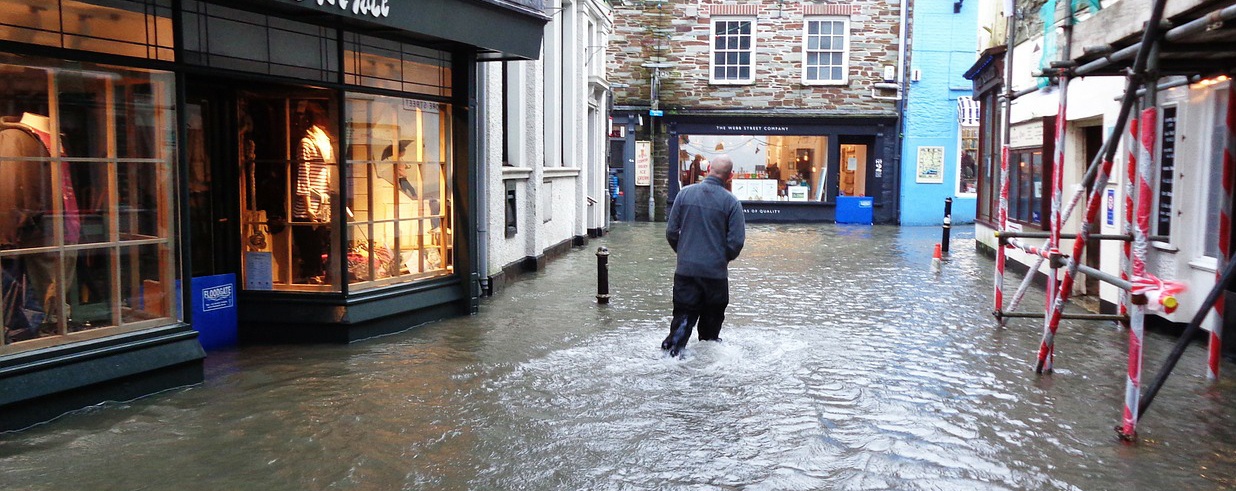According to the National Weather Service, extreme weather caused more than $7.6 billion in damages in 2014.
Over the past three years, the total was roughly $60 billion in damages (this includes Hurricane Sandy, which accounted for more than $30 billion in damages by itself). Yet, many business owners remain unprepared for severe weather. According to the 2015 Travelers Business Risk Index, only about 50 percent of businesses surveyed had a plan for continuing operations in the event of severe weather, and only a little over 40 percent had a plan for recovery from severe weather.
With winter and storm season just around the corner, here are some tips and resources to help small business owners prepare for severe storms and weather.
"If You Do Nothing Else This Year" - Online Forum
The U.S. Small Business Administration and disaster planning and recovery agency Agility Recovery recently partnered together to hold an extremely detailed and comprehensive online forum to help businesses prepare for disasters, titled “If You Do Nothing Else This Year.” The key points of this forum were:
1. Establish Your Power Needs
2. Reinforce Your Supply Chain Resilience
3. Enhance Your Evacuation/Shelter-In-Place Plan
4. Better Prepare Your Employees
5. Double-Check Insurance Coverage
6. TEST Your Strategy
For the complete breakdown (a very worthwhile read), visit here.
Markel's Online Library for Crisis Response
Markel First Comp Insurance also has a terrific library of resources to help small businesses prepare for a disaster and respond to a crisis. Markel's keys for protecting business personal property include:
- Keeping a current inventory of your business personal property, including receipts, serial numbers, and manufacturer’s information. Taking pictures or videos of your inventory and storing in a secure, off-site location can be helpful.
- Protecting electronic equipment. All electrical equipment, including data line connections, should be plugged into surge protectors. Keep cable lengths short and straight, and push plugs completely into sockets. Place computers, telephone switchboards, and other sensitive electronics above ground level.
- Maintaining equipment. Inspect equipment frequently and follow maintenance practices according to manufacturer’s guidelines.
- Safeguarding vital records and storing records in a secured location -- fire-rated file cabinets or safes. Critical electronic files and equipment should be stored in areas where they can be quickly evacuated.
- Establishing and practicing a crisis management plan.
Markel's entire report can be found here and is also a very worthwhile read for any business owner or manager.
FEMA Storm Preparation Information
Business owners can obtain free storm preparation information from the Federal Emergency Management Agency (FEMA).
American Red Cross Ready Rating Program
The American Red Cross also offers many free online services for disaster preparedness planning, including guidance for developing an emergency response plan, CPR training, and first aid training through their Ready Rating program.
You never know what Mother Nature can throw at you and it's best to be prepared, especially if you own a business. Protect all that you've built by covering your business with the necessary insurance policies.



